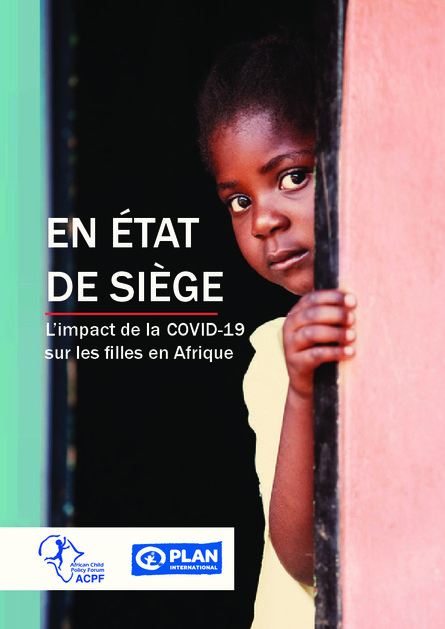
In Africa, an intersection of factors leaves girls and adolescents at greater risk of marginalisation, discrimination and neglect. Gender and social norms have traditionally placed girls at a greater disadvantage than other segments of the population. The COVID-19 pandemic has exacerbated this and added yet another layer of vulnerability to girls in the African continent.
Pandemics, like other crises, often result in the breakdown of social infrastructure and services, leading to health, transport, food, sanitation, legal, security and other governance structures being temporarily contracted or becoming dysfunctional.1 This may result in increased exposure of women and children to human rights abuses, including exposure to gender-based violence.
This rapid assessment covered as many countries in Africa as data was available, and analysed the gender dimensions of COVID-19, with a thematic focus on the impact of the pandemic on girls across an array of issues, including abuse, exploitation, exclusion from basic services, hunger and poverty.